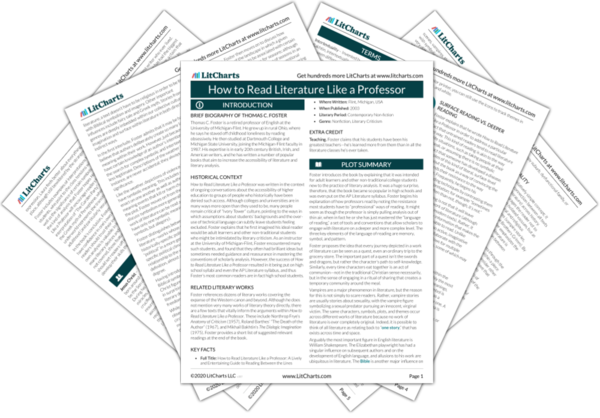Nowadays we tend to interpret Dickens’
A Christmas Carol (1843) as a festive story with a moral message, but in fact the story was written with a very particular political context in mind. Through the story, Dickens attempts to discredit Thomas Malthus’ view that giving more food to the poor would increase poverty, creating an endless spiral. However, Dickens presents this criticism subtly, such that anyone without solid knowledge of Victorian opinions on social welfare would likely not pick up on the political message of
A Christmas Carol at all.
